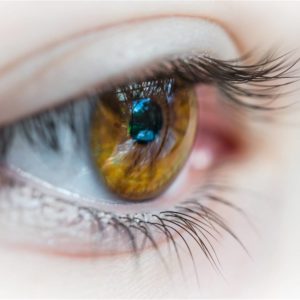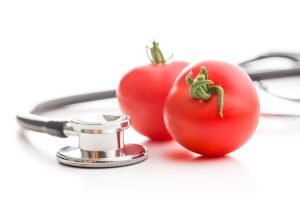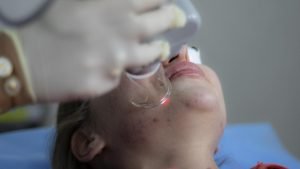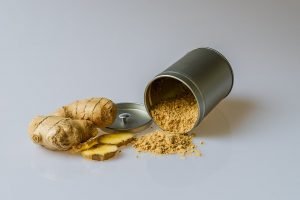Plastic pollution: how does it affect your health?

The problem of plastic expands with human society. It has been shown that there are numerous animal species with microplastics in their digestive tract. And the effects on humans and their health can already be perceived incipiently.
Plastic pollution is becoming one of the great problems of the human population . Plastic is one of the materials that we use the most in the industry, especially in food. However, to this day we still do not know its effects well.
Plastic follows a ‘life cycle’ , that is, a series of stages it goes through throughout its existence. Its process consists of four phases:
- Extraction of materials
- Transport
- Manufacture and refining
- Use and management of waste
The effects of plastic pollution in each of these phases are currently being studied. It can already be said that it has a multitude of harmful effects on human health , and that it is more than just an environmental problem.
Therefore, we explain how plastic pollution affects your health in this article, since we are all exposed to it. It is necessary to be aware to rethink a more socially responsible use of this material .
How does plastic pollution affect health?
Plastic pollution is being studied to check the magnitude of its effects on the body. However, microplastics are already known to cause damage to many other living things , such as fish.
The microplastic are particles measuring less than 5 mm in diameter. They are produced by the division of larger plastics that, as they become smaller and smaller, invade the entire environment, especially water .
This is so because much of the plastic waste goes to the sea. Scientists have shown that microplastics can be found throughout your digestive tract in more than 100 aquatic species . In other words, the marine fauna is being contaminated by them.
The big problem with this is that many of these species are part of our diet . Furthermore, that plastic pollution is also making animals sick. For example, it is very typical to find turtles with intestinal obstruction by them.
Over time, these microplastics are very likely to become even smaller. These particles could get into our tissues and act toxic. The truth is that this is still a hypothesis, but experimental models prove its real possibility in humans.

Chemical contamination
Plastic pollution is not limited to intestinal obstruction problems, it goes further. Plastics make other pollutants adhere to them , keeping them on the surface of seas and rivers.
It occurs, for example, with polycyclic aromatic hydrocarbons. In this way, the toxicity of these substances increases , because they are able to stay longer.
Plastic pollution and the phases of its cycle
As we have already discussed, plastic follows a ‘life cycle’. In each of its phases there is a probability that it affects health in some way.
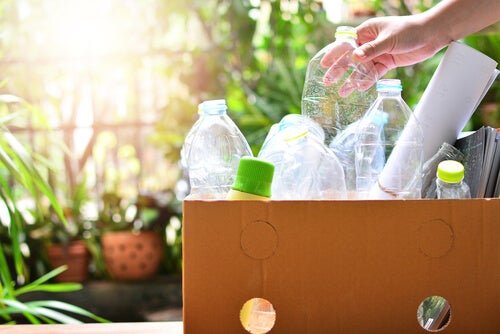
First, during the extraction and transport phase, many chemical emissions occur . These substances, like benzene, can affect our immune system. They also appear to have carcinogenic potential and toxicity to the nervous system, among other effects. The same is true during refining and manufacturing.
The phases of use and waste management are the most important. Virtually everyone is exposed to the effects of plastic and has daily contact with numerous products that contain it.
In fact, as we indicated in the previous section, not managing waste properly means that, in the end, we are ingesting the same plastic that we discard. Therefore, it is important to be very aware of the problem and make responsible use of them.
conclusion
Plastic is present in our daily lives, and we may not be able to eliminate it entirely, but we must be able to rationalize and reuse it . Socially responsible use is imposed so that we do not get sick from our own waste.
Wildlife is already suffering from the effects of plastic pollution, and the human species may follow the same path. It is up to us to get down to work to reverse the process.

